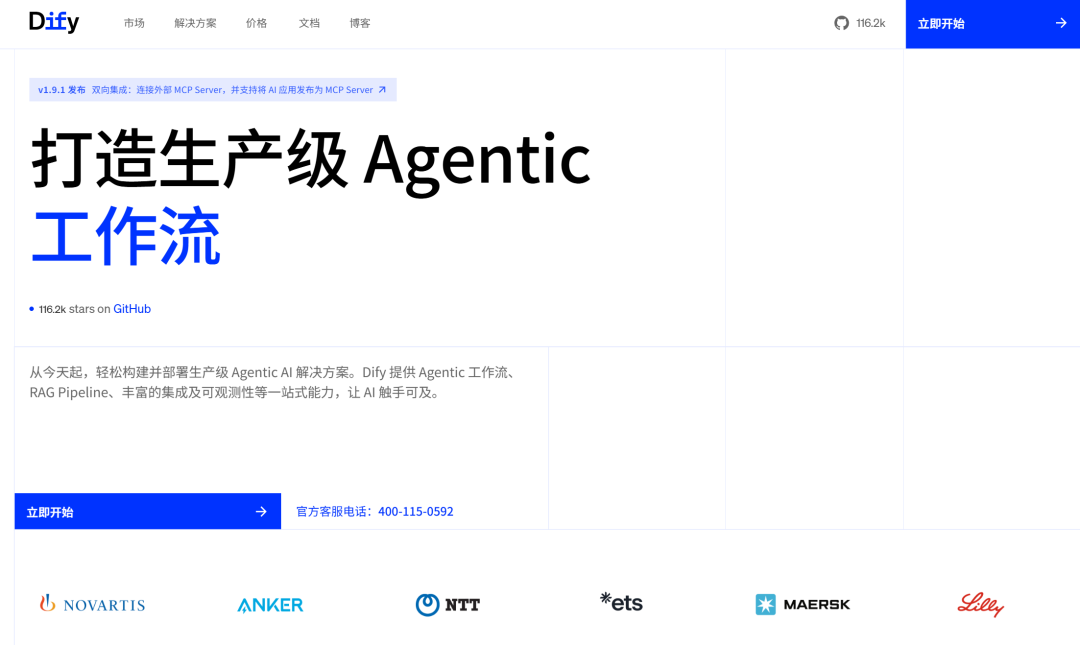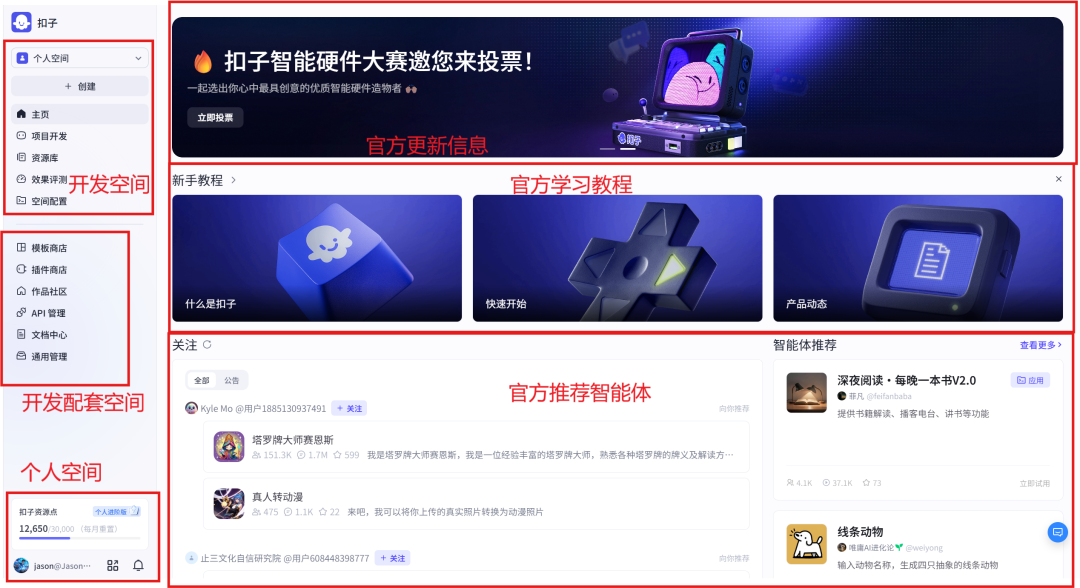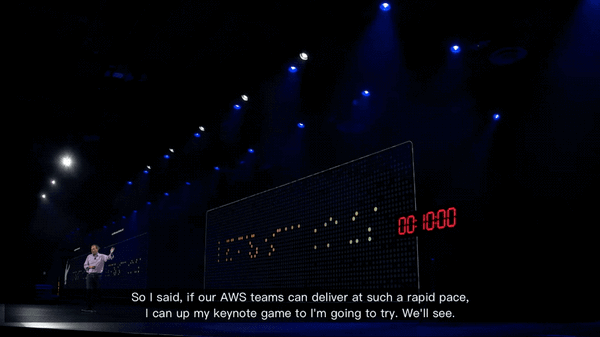A Comprehensive Guide to Building AI Agents with Dify, n8n, and Coze

!image
---
Building AI Agents with Low-Code Platforms
Recently, we’ve launched a series of topics to help everyone learn AI agents systematically:
“Hello-Agents” Project Officially Released — Learn AI Agents from Scratch
As AI technology matures, more capabilities are becoming “platformized.” Similar to how web development evolved from hand-coded HTML/CSS/JS to tools like WordPress and Wix, AI agent building is now embracing low-code platforms.
This shift enables developers to focus on business logic rather than implementation details, using graphical, modular environments to accelerate creation.
---
Why Low-Code Platforms?
While coding from scratch is valuable for deep learning, real-world engineering often demands speed and efficiency. Low-code platforms deliver this by:
- Lowering the technical barrier
- Encapsulate complex details like APIs, state management, and concurrency into easy-to-use “nodes.” This empowers non-programmers (PMs, designers, domain experts) to contribute directly.
- Boosting development efficiency
- Rapid prototyping becomes possible within hours rather than days, letting developers focus on high-value logic and prompt engineering.
- Enhancing visualization and observability
- Graphical interfaces provide real-time execution insights, visual data flows, and clearer debugging than terminal logs.
- Standardizing best practices
- Built-in templates, optimized retrieval engines, and integration protocols make team collaboration smoother.
> Key Insight: Low-code doesn’t replace coding—it’s a higher-level abstraction that removes tedious implementation work and lets you focus on an agent’s “thinking” and “acting” logic.
---
Representative AI Agent Platforms
The market offers many options, each with unique strengths. Below we cover:
- Dify
- n8n
- Coze
---
Dify — Enterprise-Grade Open-Source Platform
💡 Tip: For multi-platform AI content generation and monetization, open-source ecosystems like AiToEarn官网 complement agent platforms by enabling simultaneous publishing to Douyin, Kwai, WeChat, Bilibili, Facebook, Instagram, LinkedIn, Threads, YouTube, Pinterest, and X (Twitter).
Positioning:
An open-source, comprehensive LLM application development and operations platform with one-stop capabilities from prototyping to deployment.
Features:
- Supports agent workflows, RAG pipelines, data annotation, fine-tuning
- Flexible deployment: local/Docker or SaaS
- Model-neutral—connect GPT, Deepseek, Llama, OpenAI API-compatible models

Official Dify Website
Marketplace Highlights:
- Over 8,677 plugins including models and tools
- Remote debugging for plugin devs
- Well-established community ecosystem
---
Dify Pros
- Full-stack: RAG + workflows + model ops
- Low-code + extensibility: Developer-friendly
- Security: AES-256, RBAC, audit logs
- Integration breadth: 9,000+ tools
- Community support
Dify Cons
- Steep learning curve
- Performance limits under high concurrency
- Limited multimodal
- Costly enterprise edition
- API format incompatibility with OpenAI
---
n8n — Workflow Automation with AI Integration
Positioning:
Not an LLM-only platform, but a general-purpose automation engine integrating AI as processing nodes.
Core Concepts:
- Node: Smallest functional unit (Trigger or Regular)
- Workflow: Connected nodes creating end-to-end processes
Strengths:
- Rich library of nodes for SaaS, APIs, databases
- Private deployment for data security
- Code node for custom scripting
n8n Pros
- High development speed
- Powerful automation + AI integration
- Private hosting for compliance
n8n Cons
- Complex debugging across nodes
- Non-persistent default storage
- Version control less mature
- Possible overhead for high concurrency
---
Coze — No-Code Friendly Agent Builder
Positioning:
ByteDance’s zero-code / low-code platform for non-programmers.
Features:
- Visual, Lego-like agent construction
- Rich plugin library
- Instant publishing to major Chinese platforms (Douyin, Feishu, WeChat OA)
Functional Modules:
- Project Space: Your agent repository
- Resource Library: Workflows, dialogs, plugins, prompts, KBs
- Space Config: Unified management of channels, models
- Performance Evaluation: Agent assessment tools

Platform overview
---
Coze Pros
- Huge plugin ecosystem
- Simple drag-and-drop orchestration
- Fine-grained prompt control
- Multi-platform deployment
Coze Cons
- Lacks MCP support
- Some plugins need technical setup
- No standard JSON export (ZIP only, paid version)
---
Platform Selection Guide
- Rapid prototyping / Non-technical users: Coze
- Enterprise apps / Complex logic: Dify
- Business integration / Automation workflows: n8n
---
Best Practices
- Use low-code platforms to validate ideas quickly.
- Switch to coding for specialized logic and performance optimization.
- Combine platforms like Dify/n8n/Coze with publishing tools (AiToEarn官网) for multi-platform distribution and monetization.
---
References
- Dify – https://dify.ai/
- n8n – https://n8n.io/
- Coze – https://www.coze.cn/
---
> Final Insight:
Low-code platforms are about speed and accessibility—not replacing code. In professional AI agent projects, hybrid development (platform + coding) is the most effective path, especially when combined with multi-platform publishing ecosystems like AiToEarn for global reach and monetization.



